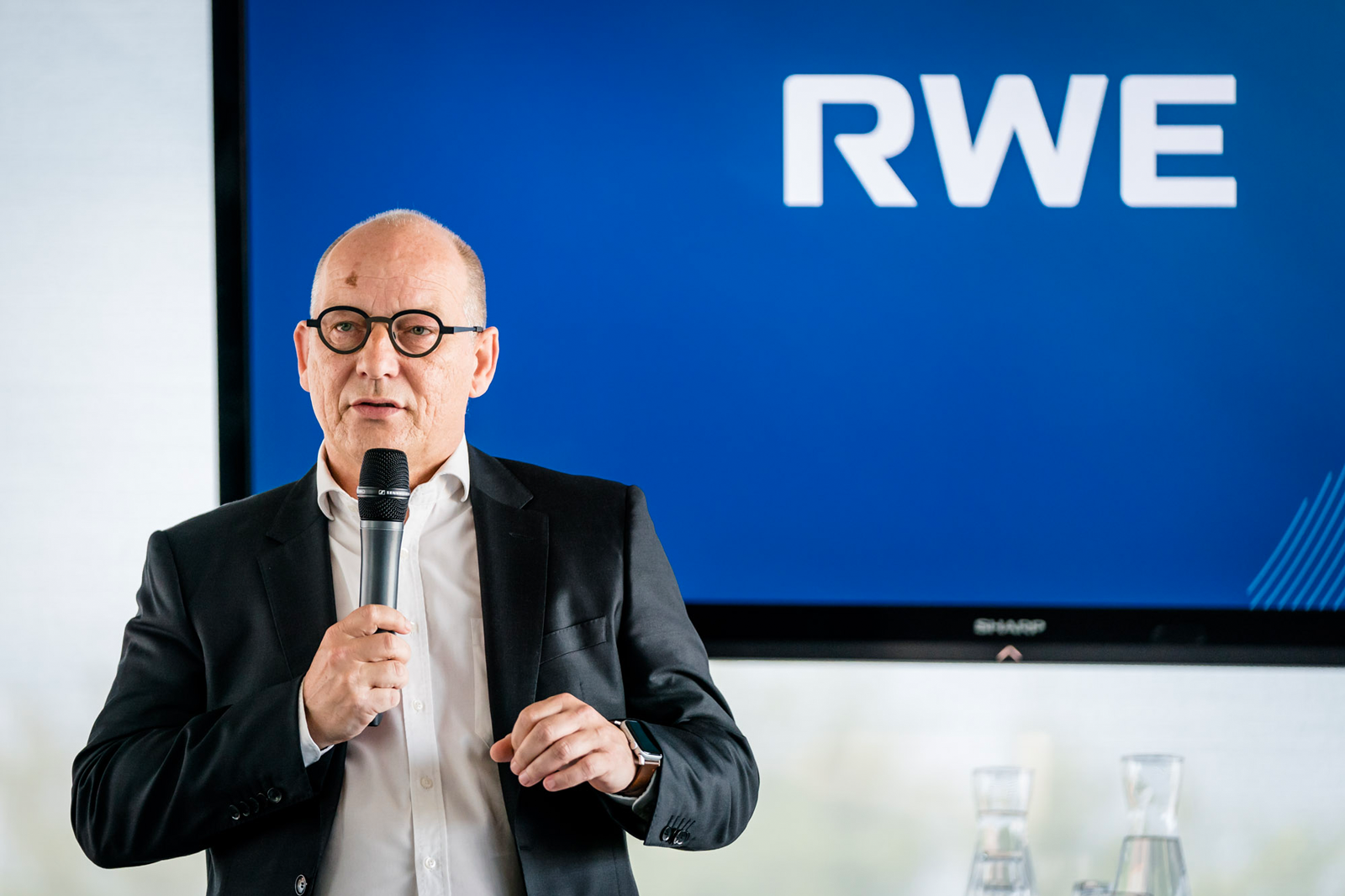RWE and TotalEnergies to collaborate with ARC marine on nature-inclusive Reef cubes® at OranjeWind wind farm
04.12.2025

Creating a sustainable energy system is at the heart of RWE’s business strategy, which is why the company aims to reduce its emissions in line with the 1.5-degree reduction pathway. Moreover, RWE aims to phase out coal by 2030 and be climate neutral by 2040. This fits well with the Dutch government’s climate targets of reducing emissions by 55-60% by 2030 (in line with the Paris Agreement) and then by 95% by 2050. These goals are not achievable without removing CO2 from the atmosphere, according to both the Netherlands Environmental Assessment Agency (PBL) and the Intergovernmental Panel on Climate Change (IPCC).
BECCUS for negative CO2 emissions
The BECCUS (Bio-Energy Carbon Capture Utilisation & Storage) project aims to reuse and store CO2 of sustainable, biogenic origin at RWE’s Amer and Eemshaven power plants. This will result in negative CO2 emissions of 11-14 megatons as of 2030. This amounts to 7-9% of the total annual CO2 emissions in the Netherlands. However, to meet the climate targets, the government still has to fill a gap of between 12 and 36 megatons of CO2, according to PBL. RWE’s deployment makes a major contribution here.
On Tuesday 20 June 2023, RWE presented the BECCUS project in The Hague to government and industry, among other. Subject to technical and economic feasibility, the plan is to produce negative emissions and green CO2 from 2030 onwards.
Roger Miesen, CEO of RWE Generation SE: “Driven by our mission ‘Our energy for a sustainable life’, RWE wants to become a company that removes CO2 from the atmosphere at an accelerated rate in the Netherlands as well. In doing so, we are clearly breaking with the past, when gas and coal were the predominant fuels. It is our ambition to have both the Amer power station and the Eemshaven power station act as links in a completely closed CO2 cycle.“
Power plants for flexible, controllable power
According to RWE’s vision, the production of negative emissions and biogenic CO2 coexists with large-scale expansion of wind and solar power, battery storage and hydrogen production (both onshore and offshore). Flexible, controllable power is needed for several days when there is insufficient renewable energy available. This is where RWE’s power plants play an important role. RWE has, on the one hand, the plan to make its gas-fired power plants suitable for green or blue hydrogen and, on the other hand, in order not to become dependent on one technology, the plan for the BECCUS project.
Besides producing electricity, the power plants with BECCUS will provide the added benefits of negative emissions and sustainable, biogenic CO2 for making biofuels and plastics, replacing fossil production. Potential sites for storage of the CO2 include gas fields in the North Sea and off the coast of Norway, where such projects are underway.
Carbon-neutral and carbon-negative electricity generation with BECCUS
The Amer power plant now runs on an 80% share of organic residual streams in addition to coal, and Eemshaven is at 20%. As a result, a corresponding share of production is now carbon neutral. RWE’s strategy is to make the power plants part of both an organic cycle and a CO2 cycle in a few years’ time.
Carbon molecules from the biogenic CO2 form the basis of the BECCUS project. Fully in line with the principles of the circular economy, these molecules are not waste products. On the contrary, this is a raw material of great interest to the chemical industry, agriculture and forestry, and the concrete and cement industry. Together with its national and international suppliers, RWE has achieved optimal utilisation of both biomass and biogenic CO2, resulting in a neutral and even negative CO2 balance sheet.